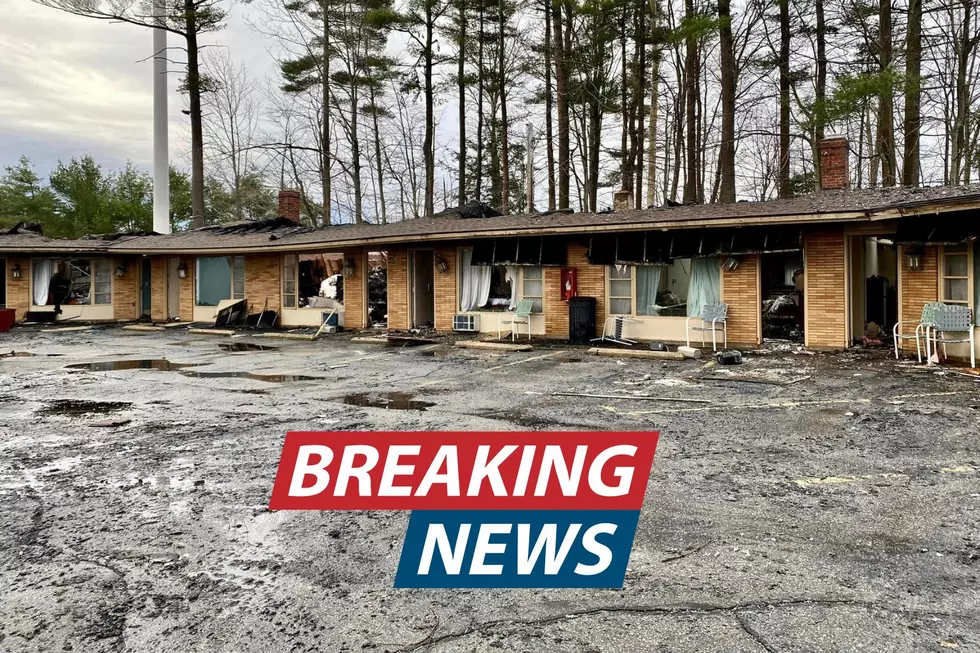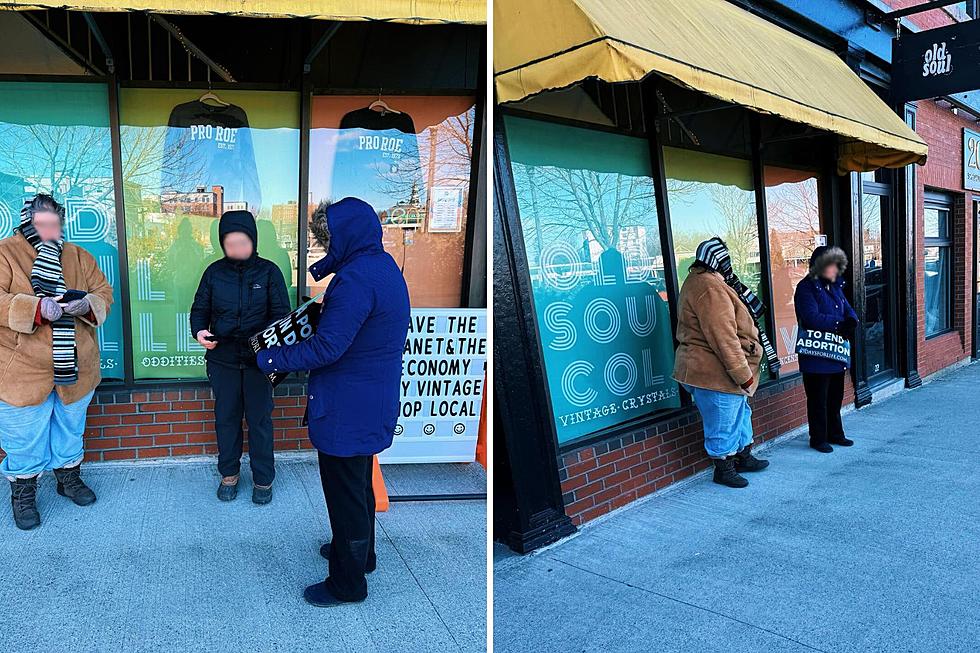
Jon James: SATURDAY NIGHT! Party Like a Rock Star, Baby! (Subtitled: I’ve Seen Better Days)
I remember Saturday nights out, hangin' at the Drive In, hitting McDonald's for a couple of Big Macs afterwards then heading to Belgrade with my pal, Ricky, to hand out with our hot dates and kill a few "pounders." I thought about those nights this past Saturday as I listened to the droning of an air conditioner, twenty or more wires glued and taped to my head, chest and legs. On this wild Saturday, my only goal was to fall asleep.
"I need to keep this thing under my nose?" I asked Nicole, my respiratory therapist, an employee at the Maine General Sleep Lab in Waterville.
"It's the most important reading," she assured me.
How was I going to fall asleep for my sleep study (for sleep apnea) if I had this chronic itch under my nose (and elsewhere)?
I turned off the tv just about as soon as I was wired (a forty-five minute process). I laid back and tried to think of sleep inducing images...like a beautiful sunset and the ocean crashing onto the shore.
"I've gotta go to the bathroom!" I said aloud. Nicole assured me that I just needed to speak and someone would be there to help me.
John, the other R.T., came in and unhooked the main panel from the wall (which most of my wires were plugged in to) and hung it around my neck. I felt like Frankenstein's monster shuffling down to the end of the hallway dragging a pile of wires. I completed the task and shuffled back to my (thankfully private) room, where I was re-wired.
I believe that scene repeated 4 more times before I finally went to sleep (sometime between midnight and 1am). I woke up once but resisted the urge to ask for a trip to the restroom. I was exhausted from the many trips I'd already made.
At around 5:30 Sunday morning, Nicole came and said, "that's it!"
If I could have jumped for joy I would have, but I still had a hundred pounds of wires attached to me.
"You're going to have to come back," Nicole said. "You didn't sleep enough for us to do a titration study."
I could hardly contain my excitement. As nice and professional as these folks are, it wasn't a pleasant experience. You can imagine my joy at the thought of doing it a second time.
Now, for your info, here's the 411 on this whole process:
1- I was (preliminarily) diagnosed with sleep apnea. That's when your airway is blocked as you sleep...for example, when you sleep and are relaxed, your throat muscles lose their tone and block your trachea. As a result, you stop breathing momentarily until your brain sends out an SOS and you wake up just enough to breath. This is hard on the heart and other organs over a period of time. Severe and regular snoring is one of the obvious symptoms. For the person who HAS it, a common symptom is a tired and irritable spouse....LOL
2- I was set up with an "on-location" sleep study, where I was to spend the night being closely and continuously monitored. I wanted a home study but my doctor said, because my insurance would cover it, to get the on-location one. FYI...and this is VERY important...the on-location study (done in a building at the former Seton Hospital in Waterville) will assess everything going on in your body...from brain waves...to sleep stages...to heart arrhythmia and muscle movements. It is important to know EXACTLY what's going on with you as there could be much more serious issues occurring. The home study only measures breathing, nothing else. This is ONLY recommended as a last resort if insurance won't cover the whole, on location, study (which takes a minimum of 6 hours).
3- Had I slept all night, they could have done a titration study as well. That's where a mask is put on you and you are given air through a cpap machine. It administers "continuous positive airway pressure," which is set to exactly what you, as an individual, need to maintain an open airway with no stops and starts. These respiratory "hiccups," which for me occur a few hundred times a night, cause stress on the heart and other organs and you never really get to the various stages of sleep. In a nutshell, this can make you chronically tired and lethargic. If you always feel sleepy and could nap anytime, you may want to get checked for sleep apnea.
So anyway, once I have my titration study, I will have one of these air machines (set up for my specific needs) and will, hopefully, feel like a new person. Many people, young and old, have this common condition and I've yet to hear anyone say that this machine didn't make a difference. For that, I'm excited. For now, though, excuse me...I have to go pee.
More From 92 Moose









